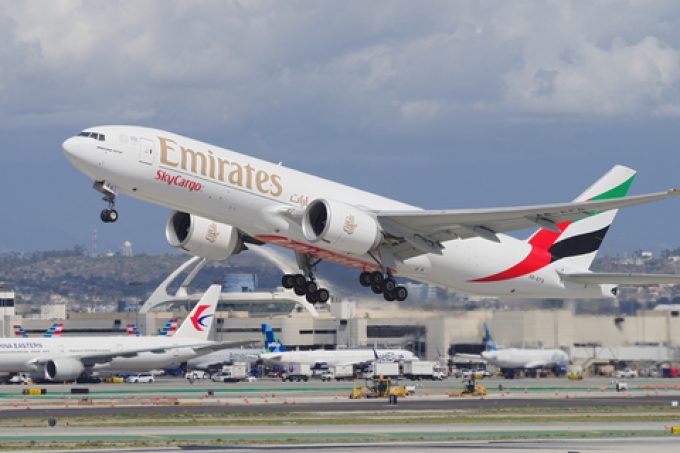Airfreight demand expected to weaken through Q2
Weak ecommerce demand has seen cancellations of airline block space agreements and charters, particularly to the ...

The gap between air cargo spot rates and ocean rates on the transpacific is shrinking: a phenomenon which, during the pandemic, led to a greater use of airfreight.
In the first week of this month, the average air cargo spot rate on the trade was around nine times higher than shipping by sea, said Xeneta analyst Wenwen Zhang on Friday.
At the start of December, air freight was some 22 times more expensive than sea freight.
Ms Zhang said the next few months ...
Trump tariffs see hundreds of cancelled container bookings a day from Asia
'To ship or not to ship', the question for US importers amid tariff uncertainty
'Chaos after chaos' coming from de minimis changes and more tariffs
Forto 'sharpens commercial priorities' as it lays off one-third of staff
List of blanked transpac sailings grows as trade war heats up and demand cools
'Disastrous' DSV-Schenker merger would 'disrupt European haulage market'
EC approves DSV takeover of DB Schenker
Overcapacity looms for ocean trades – with more blanked sailings inevitable
Amazon Air’s metamorphosis: 'a different air cargo unit from two years ago'
Shippers in Asia restart ocean shipment bookings – but not from China
India withdraws access for Bangladesh transhipments, in 'very harmful' decision
'Tariff hell' leaves industries in limbo – 'not a great environment to plan'

Comment on this article